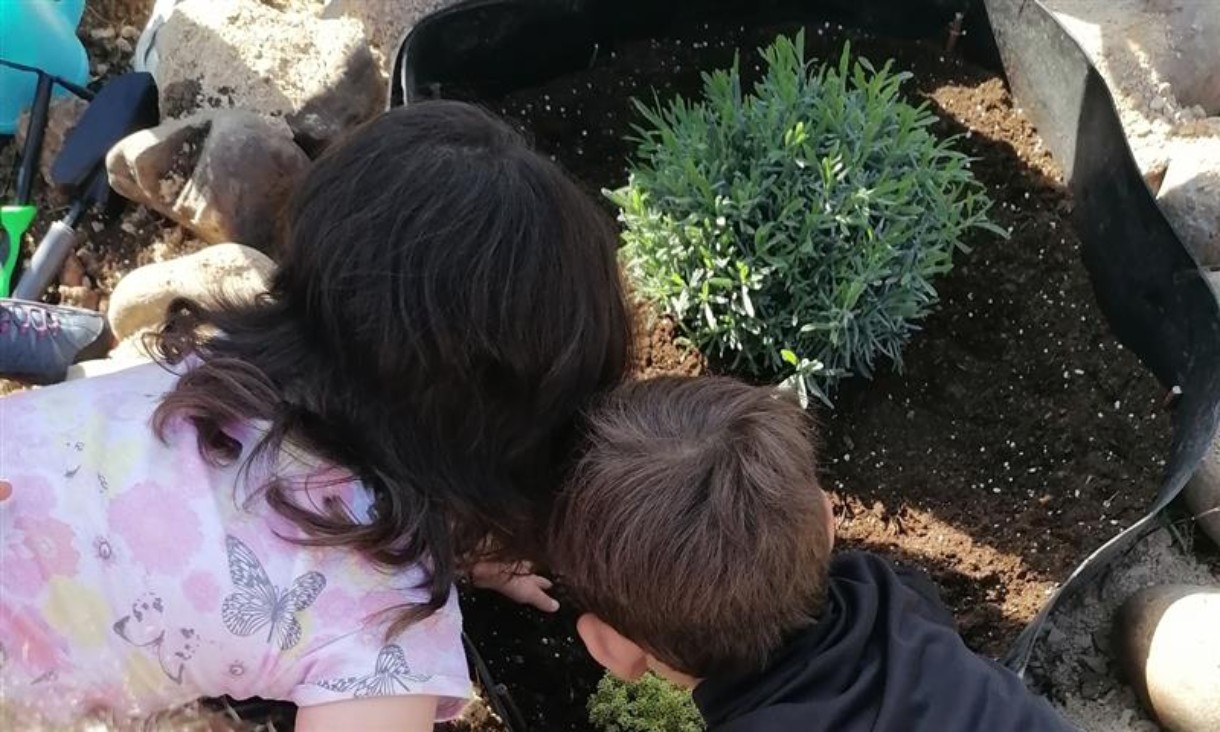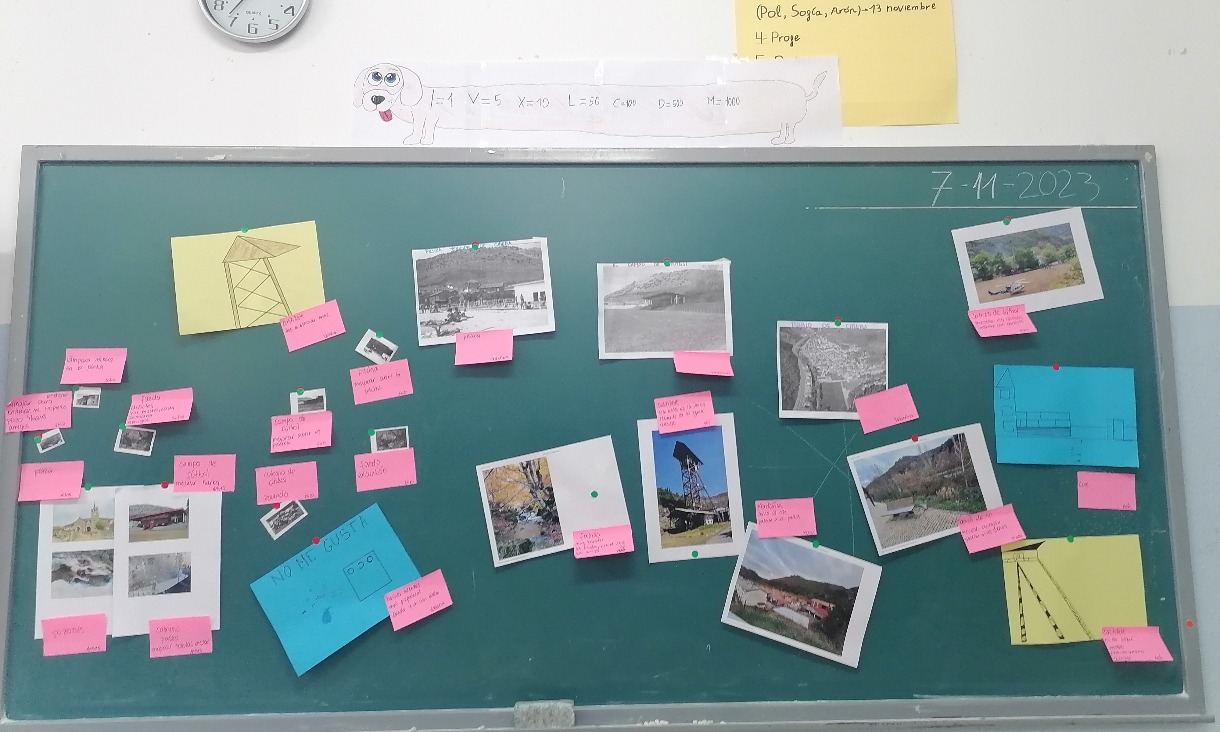RMIT research has revealed how marginalised voices can be championed in shaping policy on decarbonisation efforts in Europe.
BOLSTER, which stands for Bridging Organisations and Marginalised Communities for Local Sustainability Transitions in Europe, is a partnership uniting seven just transition regions across Europe in the shared goal of better understanding how marginalised communities are impacted by decarbonisation efforts.
Just transition is a framework for ensuring that the shift to regenerative energy sources and climate neutrality is fair, inclusive and equitable.
The three-year project, funded by the European Climate Infrastructure and Environment Executive Agency (CINEAs) and led by the University of Tilburg, kicked off in 2022.
Alongside Professor Ralph Horne, Associate Deputy Vice-Chancellor, Research and Innovation in RMIT's College of Design and Social Context, RMIT Europe Research Fellows Nevelina Pachova and Adriana Verán provided methodological guidance in the project.
They also coordinated research aimed at mapping the just transition governance processes and structures, as well as understanding the perspectives of communities on the margins of decision-making processes across seven regions.
They carried out a focused case study in former coal mining areas that form part of the EU Just Transition Mechanism in the Spanish province of León with a focus on three sub-regions.
Verán said that the project included novel approaches to research design, including direct funding for community-led initiatives.
"One of the things that makes this project different is that it's an action-research project," Verán said.
"We established community-based projects with local participants who gave us feedback, time and information for the research.
"I think that's one of the main differences, and what people on the ground see as one of the biggest benefits that BOLSTER brought to their communities," she said.

Children plant herbs as part of an outreach effort to inspire environmental awareness.
This action-research framework extended beyond conventional methods and empowered local groups to develop their own microprojects for socioeconomic development.
The microprojects were developed as practical follow-up actions to community needs and opportunities identified through the research undertaken by Pachova and Verán.
These microprojects included a collectively-run pepper plantation established and managed by a group of migrants, an outreach group led by a group of unemployed persons dedicated to developing environmental awareness in children, the establishment of a classroom in nature by a local school, and a green area accessible to persons with disabilities in the local mountains.
Pachova and Verán's research focused on understanding and empowering diverse groups across the region, with an emphasis on giving voice to the perspectives of women, young people, persons with disabilities and migrants in the just transition away from fossil fuels.
"It was a very diverse context, and through interviews and focus groups we tried to understand the priorities and perspectives of these different groups," Verán said.

The 'photo voice' method of data collection, where community members contribute photos and drawings to spark conversations about their environment with BOLSTER researchers.
To connect with those collectives and gather their perspectives, Pachova and Verán employed participatory visual research approaches, such as the 'photo voice' method of data collection.
"This approach encourages research participants to take and share photos that become a starting point for discussion about their environment, how they connect with it and what they would like to improve," Pachova said.
BOLSTER's experience highlights the importance of community collaboration and ongoing support of initiatives like microprojects as part of the research process.
Pachova said that direct community initiatives such as these often point to the chasm between official policy and on-the-ground experience, priorities and needs.
"One of our main findings is that there is a major difference in the way policymakers discuss, conceptualise and envision the just transition and the way marginalised communities envision it on the ground.
"When designing larger-scale policy initiatives, we need more two-way interactions across different levels to bridge that gap and allow for the emergence of a shared language as well as place-based visions and pathways for inclusive transformation," Pachova said.
RMIT Europe was a partner in the Horizon Europe BOLSTER project which officially concluded in August 2025.
Partners: Tilburg University (coordinator), RMIT Europe, The University of Economics in Katowice, Sociedade Portuguesa de Inovação, Crowdhelix, The University of National and World Economy, The Faculty of Tourism and Hospitality Management, Universite de Liège, Asociatia Make Better, The European Citizen Action Service, Culture Goes Europe, CEE Bankwatch Network.






